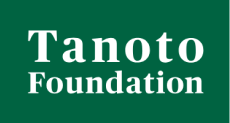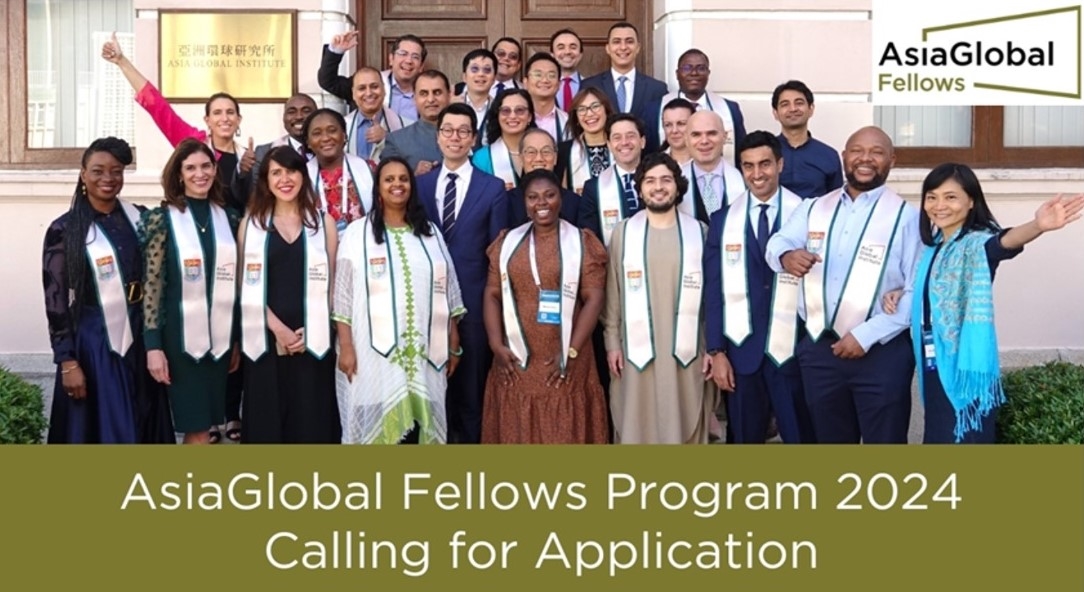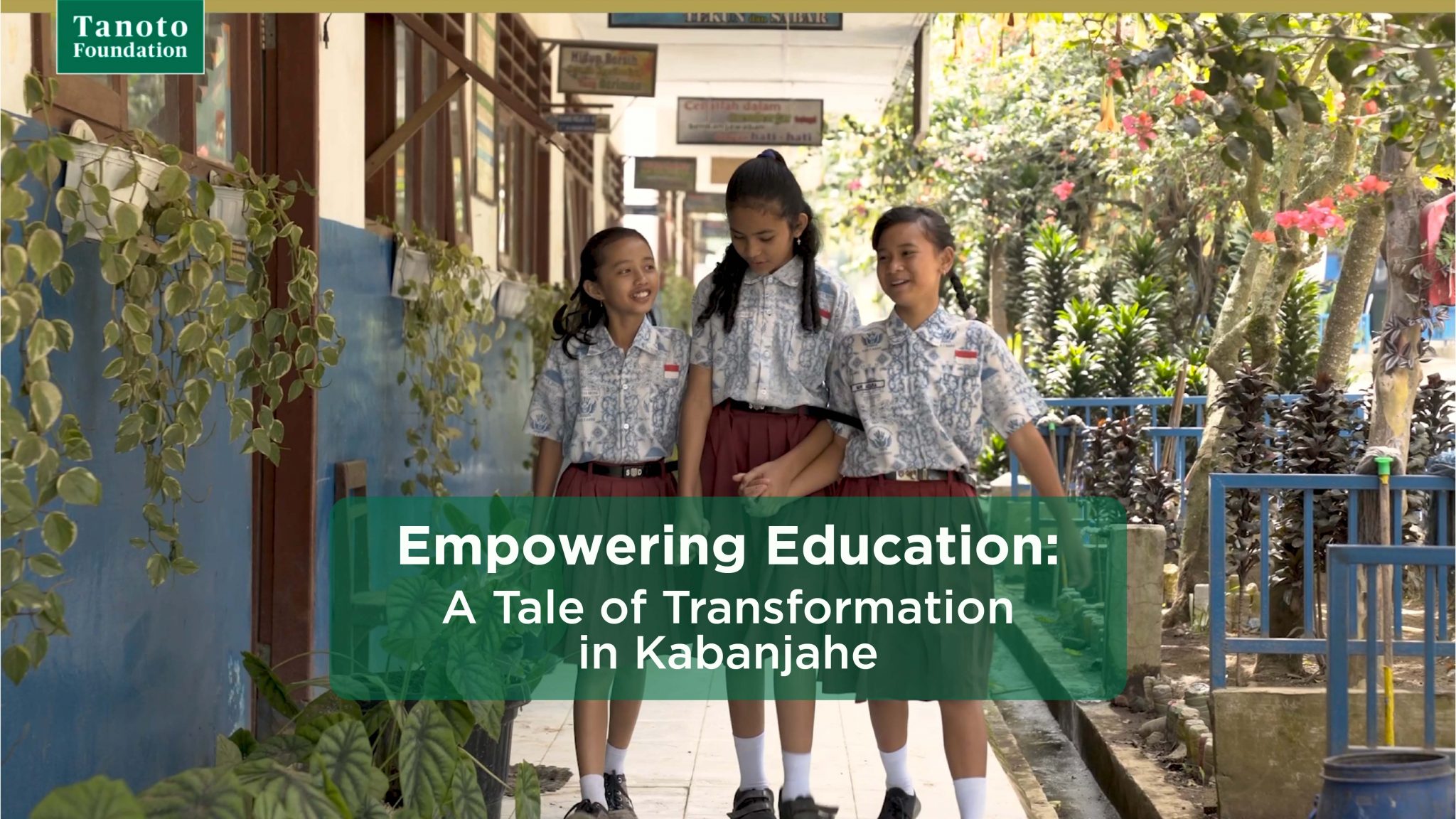Are you a passionate leader in politics, policy making, business or civil society? Or, do you know someone who fits this profile? We’re calling outstanding individuals to apply for AsiaGlobal Fellows (AGF) Program this year!
Tanoto Foundation, in collaboration with New World Group Charity Foundation and the Asia Global Institute, launched The AsiaGlobal Fellows Program. Taking place at the University of Hong Kong, the program is a transformative initiative designed to nurture the next generation of leaders. This intensive interdisciplinary program brings together emerging professionals and leaders from diverse backgrounds, providing them with a platform to enhance their skills, deepen their understanding of global issues, and foster cross-cultural collaboration.
The program integrates various disciplines, offering fellows a holistic understanding of the interconnected challenges facing the world today. Through lectures, workshops, and discussions led by renowned experts, fellows gain insights that transcend traditional silos.
A hallmark of the AsiaGlobal Fellows Program is its commitment to providing a global perspective. Fellows participate in study tours, engage with international thought leaders, and collaborate with peers from different countries. This exposure not only broadens their worldview, but also instills a sense of shared responsibility in addressing global issues.
The program also places a strong emphasis on leadership development, equipping fellows with the skills and mindset needed to drive positive change in their respective fields. Through mentorship, interactive sessions, and practical exercises, participants refine their leadership styles, fostering a community of dynamic and forward-thinking individuals.
The AsiaGlobal Fellows Program has already made a significant impact since its inception. Alumni of the program have gone on to lead initiatives that address pressing global challenges, ranging from sustainable development to inclusive economic growth. The network of fellows continues to grow, creating a community of leaders committed to making a positive impact on the world.
More details about the program, the selection criteria, and how to apply can be found here: http://tinyurl.com/4bf3ujce.
Also, here is other essential information about the AsiaGlobal Fellows program:
– Applications are open until 31 March 2024
– Individual interview with the selected candidates: March-April 2024
– Programs starts from mid-August to mid-Nov 2024
– Accepted fellows will be required to stay in Hong Kong for the duration of the program, in which they will receive a funding package to facilitate program completion
– Fellows are expected to cover their travel expenses to Hong Kong from their country of origin, and back
– Considering the duration of the fellowship, applying for a visa may be required for Indonesian passport holders
– A certificate will be awarded upon completion of the program
– For any questions about the Program or the procedures for completing the application forms, please email: Enquiry
– Please also check: Frequent Asked Questions (FAQ)





